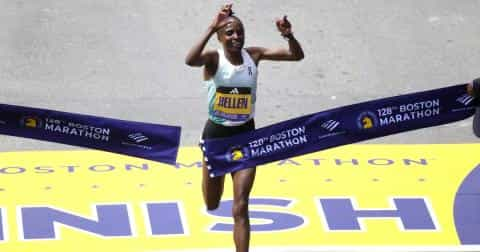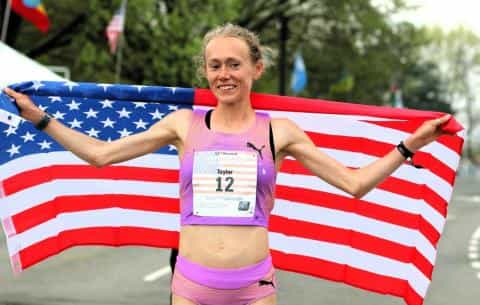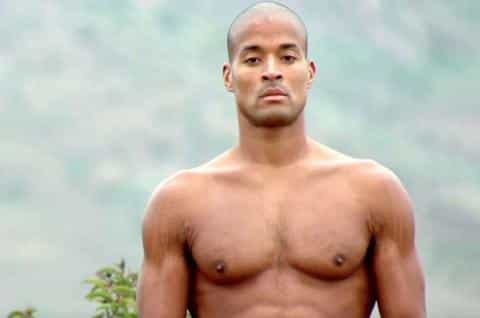
For the first time since 2019, foreign athletes laced up their running shoes and hit the streets of Pyongyang on Saturday, as the North Korean capital hosted its iconic international marathon. The event marked not just a return to athletic competition, but a rare state-sanctioned opening to the outside world — one that may signal deeper currents of change within the reclusive regime.
Held under tight state control, the Pyongyang International Marathon drew runners from around the world eager to experience one of the most unusual — and politically significant — races on the global running calendar. Participants were allowed to tour parts of the city, albeit under strict surveillance, and ran past major landmarks such as Kim Il Sung Stadium and the Juche Tower, offering a curated view of life inside one of the world's most isolated countries.
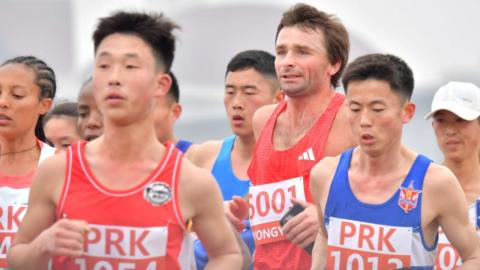
North Korea has been virtually sealed off since early 2020, when it slammed shut its borders in response to the COVID-19 pandemic. The regime’s already rigid controls on foreign visitors tightened further during the crisis, severing even limited tourist and diplomatic contact. The return of the marathon is the first large-scale international event since the pandemic began, making it one of the most significant openings in years.
While the number of foreign participants appeared smaller than in previous editions, their presence was symbolically potent. International media coverage of the marathon gives Pyongyang a platform to project a more normalized image — one of calm streets, proud citizens, and athletic camaraderie — even as the country remains under heavy sanctions and continues to pursue weapons development.
Experts suggest the return of the marathon may be more than just a sporting decision. It could be a carefully calculated soft power move by Kim Jong Un’s regime, part of a subtle rebranding effort. While North Korea remains closed to most forms of foreign media and international inspection, the marathon provides a tightly managed exception, where the state can present its capital city and people in a controlled but appealing light.
"This isn’t just about sports — it’s about image,” said one analyst on North Korean affairs. “By reopening the marathon to foreigners, Pyongyang can show a veneer of openness and normalcy without actually making significant policy changes.”
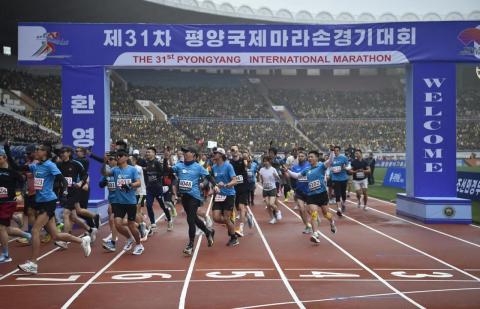
Whether the marathon’s return is a one-off event or the beginning of a broader opening remains to be seen. For now, the regime continues to tightly control its borders and maintains aggressive rhetoric on the international stage. But small gestures like this can be early indicators of shifts in strategy — or at the very least, shifts in presentation.
As the runners crossed the finish line this weekend, they did more than complete a race. They stepped into a delicate dance of diplomacy, tourism, and propaganda — one where every stride carried more meaning than meets the eye.
Discover More Content
